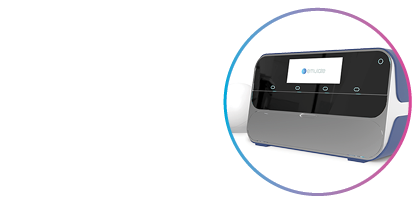Webinar Abstract
Predicting drug-induced kidney toxicity and drug-drug interactions during preclinical development continues to be challenging due to a researchers’ reliance on immortalized cell lines and animal models that do not translate to human response. These translational issues have real-world impacts in the clinic, with nephrotoxicity causing preclinical attrition and an estimated 19% of failures during phase 3 clinical trials1.
The Emulate Proximal Tubule Kidney-Chip has been developed to address these challenges, enabling researchers to more accurately model nephrotoxicity and drug-drug interactions to improve clinical success. By incorporating primary human kidney epithelial cells with tissue-specific endothelium in a dynamic microenvironment, the Proximal Tubule Kidney-Chip achieves a proper kidney phenotype exhibiting normal epithelial cell polarity and morphology and demonstrating in vivo-relevant functional transporter activity.
View this data-driven webinar to learn how you can use Organ-on-a-Chip technology to overcome the limitations of conventional kidney models and gain more confidence before taking your drug candidate into the clinic.
Key Advantages of the Proximal Tubule Kidney-Chip:
- Retains characteristic kidney functionality for up to 14 days
- Improved cytoarchitecture, polarization, and kidney marker expression due to a dynamic microenvironment
- Improved functionality of key renal transporters (Megalin, Cubulin, P-gp, MATE1, MATE2-K, OAT1, OAT3, and OCT2, and more)
- Demonstrated ability to model drug-induced nephrotoxicity and renal transporter-mediated drug-drug interactions

